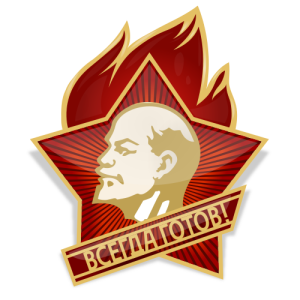Alejandro Jodorowsky on “psychomagic”, from his book, The Dance of Reality: A Psychomagical Autobiography (2001):
“[M]ost of the problems we have, we want to have. We are attached to our problems. They form our identity. We define ourselves through them. It is no wonder, then, that some people try to distort the act and try to devise ways to sabotage it: getting free of problems involves radically changing our relationship with ourselves and with the past. People want to stop suffering, but are not willing to pay the price — namely, to change, to not keep living as a function of their beloved problems.” (p.313)
“The trainer has to teach [the subconscious] to obey. This is difficult; in fact, people fall ill because they have a painful problem that they cannot solve or become conscious of. They want to be treated — but not cured. Although they ask for help, they then struggle to stop that help from being effective.” (p. 281).
The most unusual aspect of “psychomagic” is the method of treatment, by “psychomagical acts” that “induce people to act in the midst of what they conceive[] as their reality” (p. 312):
“Once the subconscious decides that something should happen, it is impossible for the individual to inhibit or completely sublimate the impulse. Once the arrow is launched, one cannot make it return to the bow. The only way to free oneself from the impulse is to fulfill it…but this can be done metaphorically.” (p. 333).
“The patient must make peace with her subconscious, not becoming independent of it but making it an ally.” (p. 311).
“[T]he psychomagician presents himself only as a technical expert, as an instructor, and devotes himself to explaining to the patient the symbolic meaning and purpose of every act. The client knows what he or she is doing. All superstition has been eliminated. However, as soon as one begins to perform the prescribed acts, reality begins dancing in a new way.” (p. 316).
If psychomagic were to be summarized, it would be important to note that it is mostly about taking ritual folk medicine and adapting it to appeal to educated urban-dwellers. See also “interpassivity” (which distinguishes illusion from magic: “Magic thus presupposes that the magician does not take a symbolic act for real. In case that someone does that, if he takes a purely symbolic act for a real act, he succumbs to an illusion, but does not practice magic.” In a way, psychomagic attempts to move a “patient” from illusion to magic to grant them conscious control).

